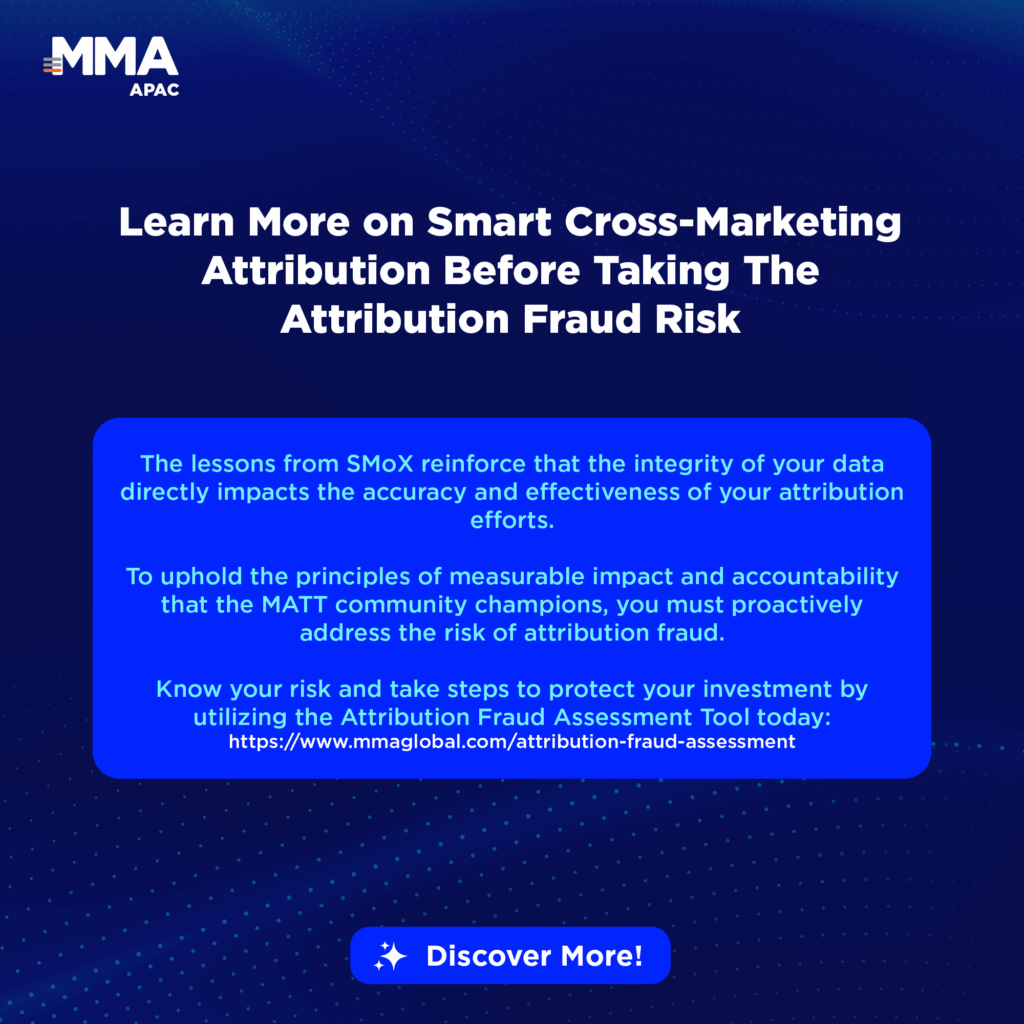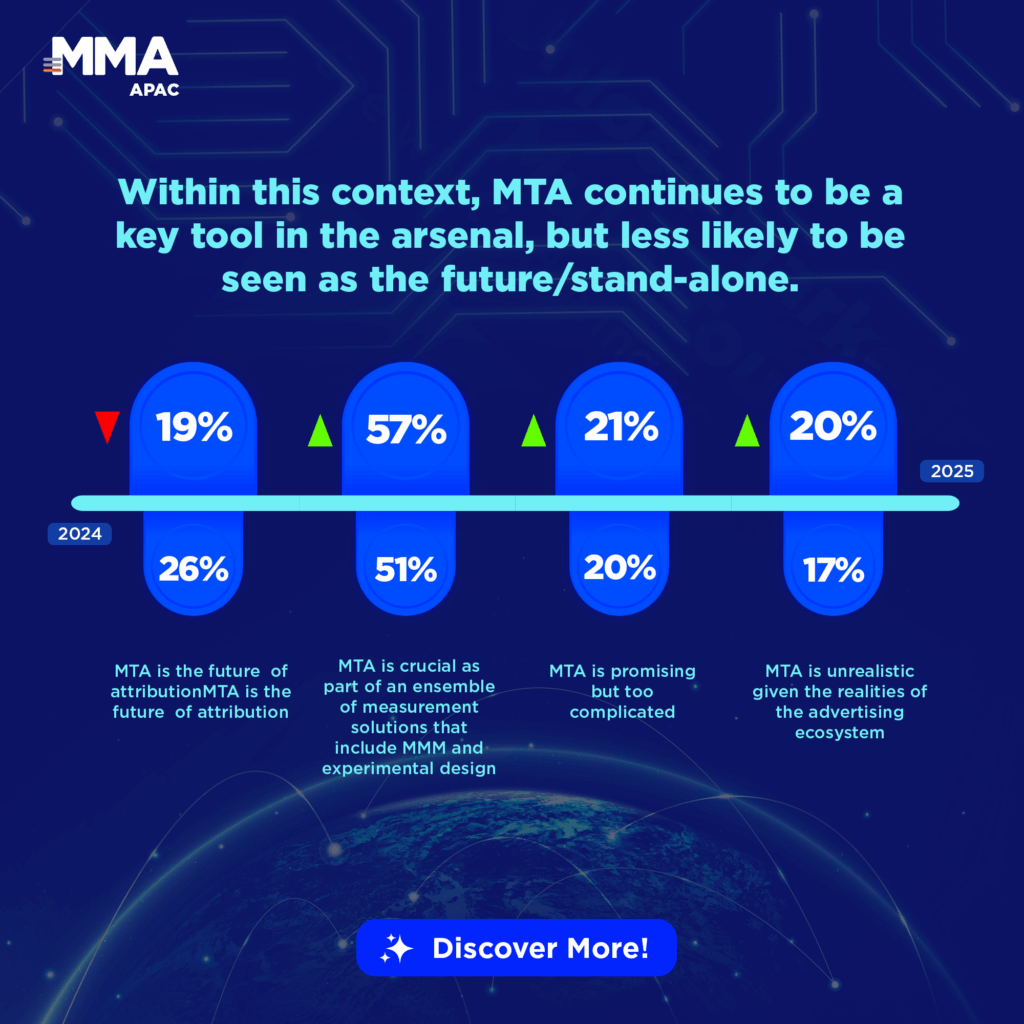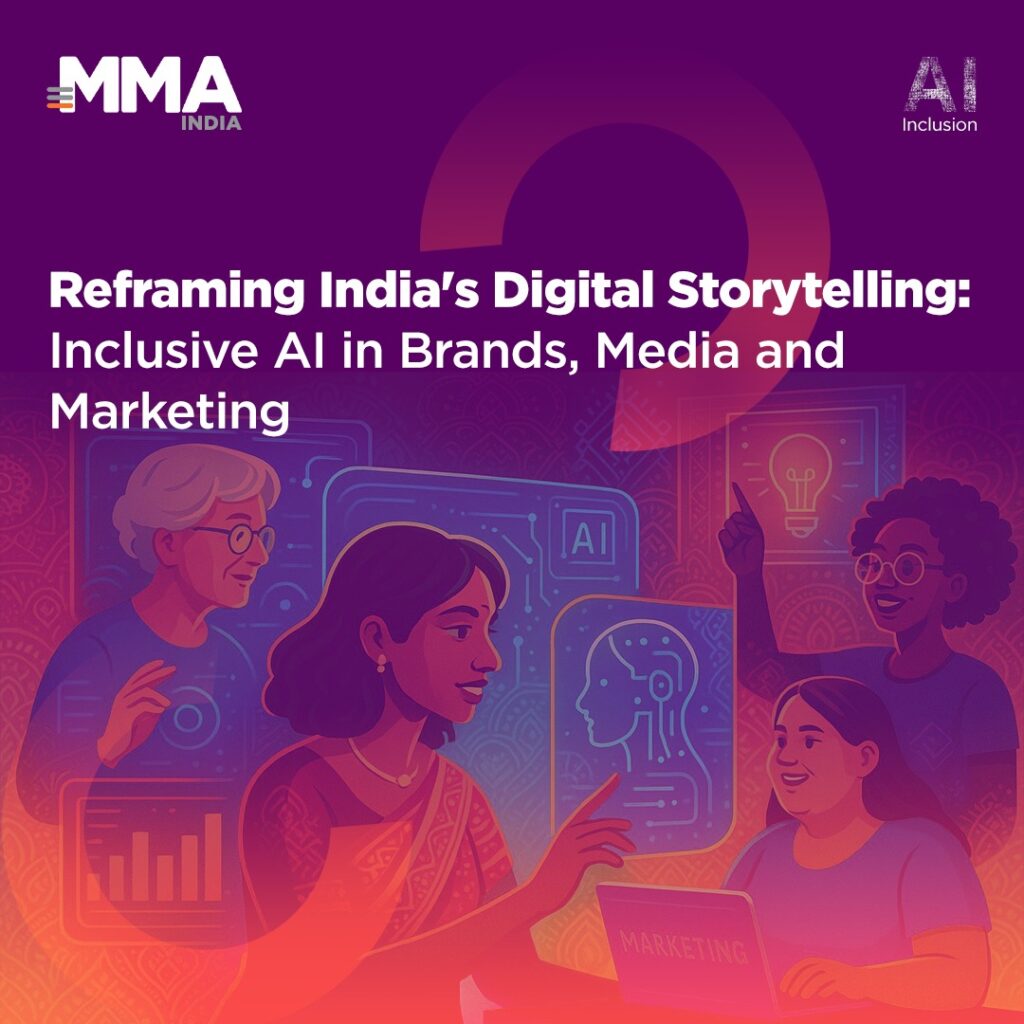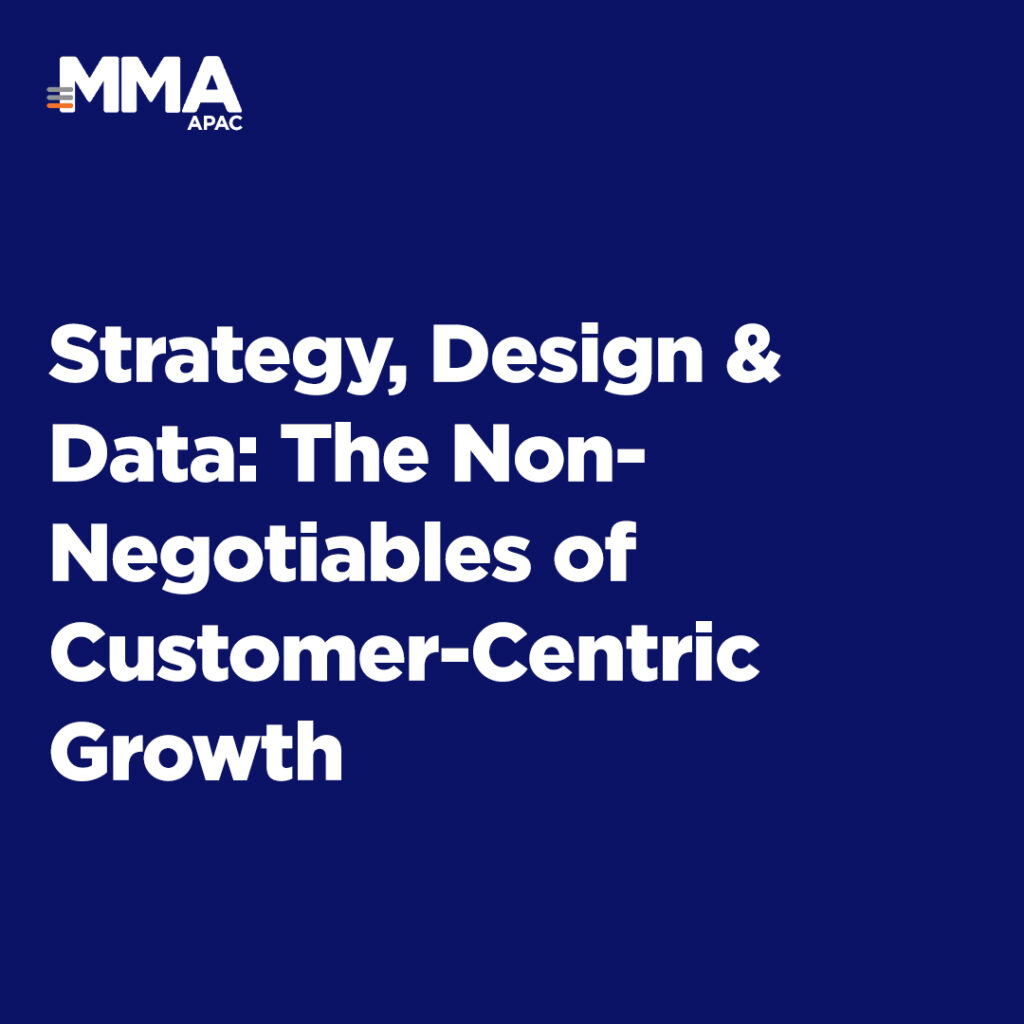
In recent years, sustainability has emerged as a driving force in global markets, including in Vietnam. With consumer expectations evolving, today’s Vietnamese consumers—especially the younger demographics like Gen Z and Millennials—are showing increased environmental consciousness, actively seeking brands that align with their eco-friendly values. This trend signals a new era for Vietnamese companies, who are now increasingly integrating sustainable practices into their packaging, sourcing, and overall operations. To communicate these efforts effectively, many brands are adopting “green marketing” strategies, setting the stage for a greener marketplace in Vietnam.
Why Sustainability Matters to Vietnamese Consumers
Today, Vietnamese consumers are progressively favoring brands that prioritize environmental responsibility. Driven largely by Gen Z and Millennials, this shift underscores a fundamental view of sustainability, not as a trend but as a core value. For these consumers, purchasing eco-friendly products reflects their commitment to a positive environmental impact. Research highlights that this demographic increasingly supports brands engaged in environmental initiatives, a preference that only seems to strengthen over time.

Vietnamese Brands Setting the Standard for Sustainability
Local companies in Vietnam are actively leading the way, integrating sustainability into their business models. Notably, Vinamilk, one of the largest dairy producers in the country, has committed to eco-friendly practices through sustainable packaging and energy-efficient processes. Marou Chocolate is another standout, focusing on ethical sourcing and supporting sustainable farming. These companies are not only minimizing their environmental footprint—they are also resonating with a generation that values responsible corporate practices, setting a high bar for the industry.
Effective Green Marketing Strategies in Vietnam
As consumer expectations evolve, Vietnamese brands are deploying creative green marketing strategies to build their eco-friendly credibility. Common techniques include eco-labeling, corporate social responsibility (CSR) campaigns, and transparency in sourcing and production. Displaying eco-labels helps build trust, while CSR campaigns showcase a company’s environmental contributions. By being transparent about sourcing and manufacturing practices, brands can foster loyalty and brand advocacy in a competitive landscape.
Challenges of Going Green: How Vietnamese Brands Are Adapting
Transitioning to sustainable practices presents challenges, including high costs for eco-friendly materials and the risk of being accused of “greenwashing”—misleading consumers about environmental claims. To navigate these issues, many Vietnamese companies are adopting phased approaches, implementing sustainable changes gradually to ensure credibility and lasting impact. Increasingly, brands are inviting consumer scrutiny, which enhances authenticity and reduces greenwashing risks.
The Future of Sustainable Branding in Vietnam
The shift toward sustainability in Vietnam is here to stay; it represents a long-term, strategic commitment rather than a passing trend. As eco-consciousness continues to shape consumer preferences, brands aligning with these values are well-positioned for growth and loyalty in the Vietnamese market. For companies embracing sustainable practices and transparent communication, the future offers ample opportunities to differentiate and build trust with a socially responsible customer base.
As Vietnam’s green market matures, the challenge ahead will be for more brands to fully embrace sustainable practices, creating a lasting positive impact on both the environment and their business outcomes. In this context, sustainability for Vietnamese companies is more than an option—it’s a promise to build a greener, more responsible future.



















